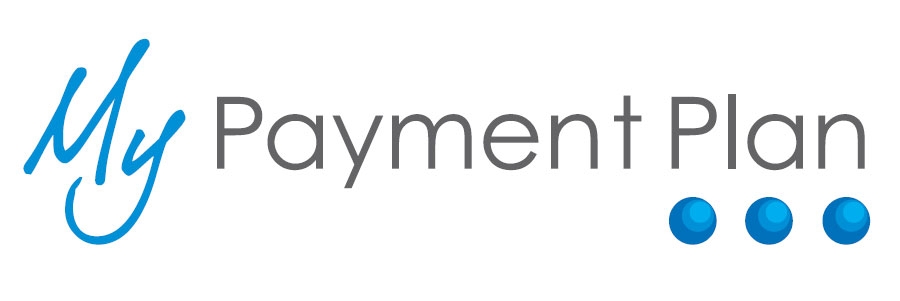My Payment Plan - Bankruptcy
My Payment Plan understands the difficulties involved in being in debt, we understand how quickly things can unexpectedly change. My Payment Plan are here to provide you with free & impartial advice.
Bankruptcy
If you have no money to repay your unsecured creditors, or your disposable income is so low that it will take you many years to repay your debts, bankruptcy may be an option that you should consider. This solution is normally seen an alternative solution after all other options (such as an IVA, Debt Management Plan or Debt Relief Order) have been considered.
As bankruptcy is a court driven process, an appointed Official Receiver will deal with your creditors on your behalf and will also take control of any assets you may have. Any assets you have can be sold for the benefit of your creditors. In bankruptcy creditors have to stop most court actions held against you. However, bailiffs may still attend your property for certain debts such as arrears of secured loans and mortgages.
Once you are made bankrupt you have a duty to provide information to the Official Receiver and the trustee, and attend their office as and when required.
Who can go bankrupt?
As long as you live in England and Wales and have more than £5,000 of debt, you can declare yourself bankrupt. You can complete the bankruptcy application online and do not have to appear in person at court. You can also pay the costs for the Official Receiver’s (OR) deposit of £550 and the court fee of £130 by installments to enable the process to be as straightforward as possible. The Official Receiver’s fee must always be paid. If you are on benefits or have a low income, the court fees may be waived.
Pros
- Debts are written off, with certain exceptions, after 12 months. (see below)
- Creditors can’t take further action unless the debts are secured on your home or other property.
- You will normally be discharged from Bankruptcy after 12 months (but you may have ongoing obligations to a Trustee (e.g. where an income payments agreement or order has been made).
- You may be able to avoid having to sell your home if your spouse, partner or a relative can buy your share of its value after any debts secured on it have been paid.
Cons
- Your bankruptcy is entered on a public register and is advertised.
- You will remain liable to pay certain debts – in particular student loans, fines and some debts arising from family proceedings.
- Any business you have will almost certainly be closed down.
- Your employment may be affected. Certain professionals are barred from practising if they are made bankrupt.
- You can’t act as a director of a company or be involved in its management unless the court agrees.
- You will be committing an offence if you get credit of £500 or more without disclosing that you are bankrupt.
- You may have a bankruptcy restrictions order* made against you for 2 to 15 years if you acted irresponsibly, recklessly or dishonestly.
Is bankruptcy right for me?
If bankruptcy is necessary, the longer it is delayed, the worse your financial position is likely to become. Speak to us about the pros and cons of bankruptcy in order that we can help you make the right decision for your circumstances. Bankruptcy is not appropriate in some circumstances and should therefore only be considered after receiving advice on all the debt options available.
Once discharged from bankruptcy (normally after 12 months), subject to a few exceptions, you’ll be debt free and you cannot be pursued for your unsecured debts. In some cases, an Income Payments Agreement (IPA) or Order (IPO) may continue after you are discharged where payments will be required for up to three years.
The consequences of bankruptcy are serious and any assets you have will be at risk, but it does provide an opportunity to make a fresh start and re-take control of your finances
Request A Call Back
Get a call back from one of our specialists to find out more about how My Payment Plan can assist you.

